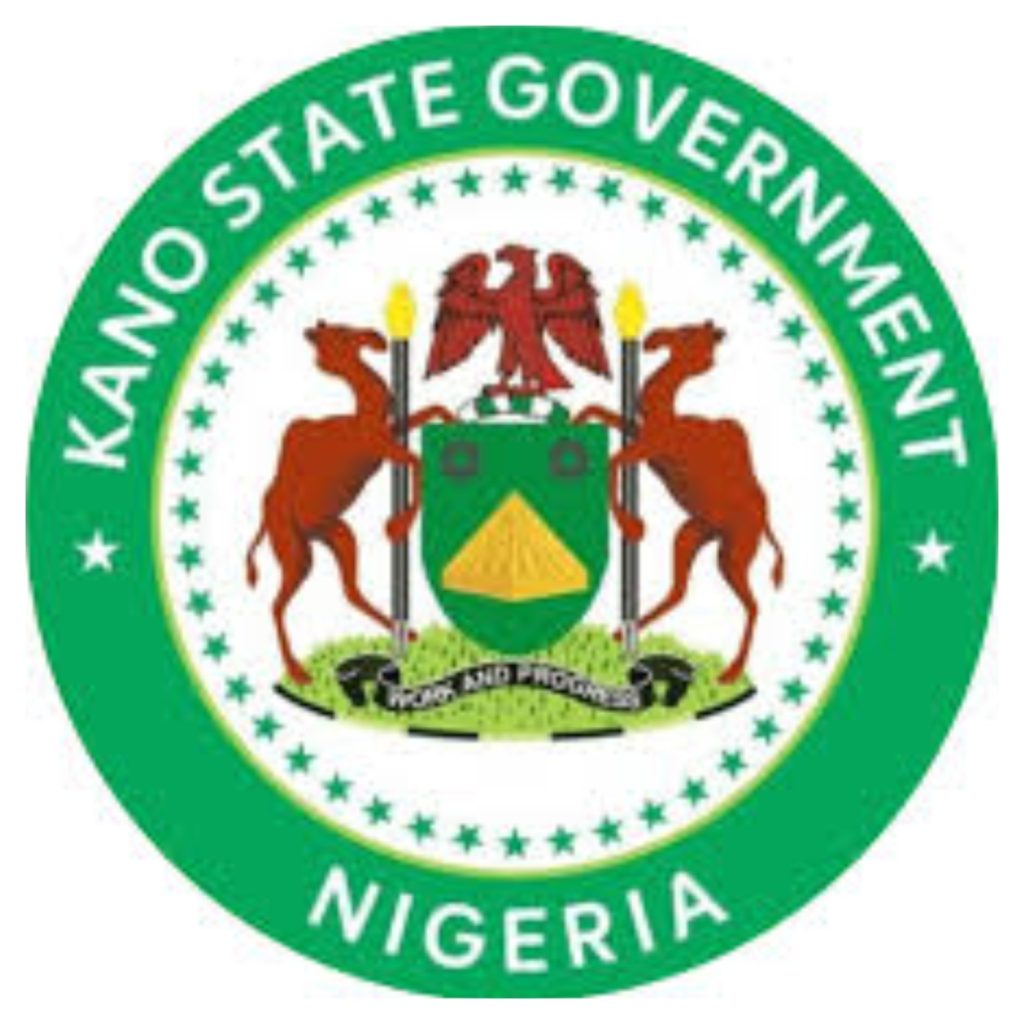Nigeria Takes Steps to Strengthen Public Health Laws and Surveillance Systems
In a move aimed at bolstering its response to emerging health threats, Nigeria has begun a comprehensive review of its public health laws. The effort, led by the Nigeria Centre for Disease Control and Prevention (NCDC) in collaboration with the global health organisation Resolve to Save Lives (RTSL), seeks to create a harmonised legal framework that supports the secure, timely, and coordinated use of health data across federal and state levels.
A key component of this process was a recent four-day stakeholder workshop held in Nasarawa State, which brought together representatives from key ministries, departments, and agencies, including experts in legal affairs, ICT, surveillance, data protection, and planning. The meeting provided a critical platform for stakeholders to assess existing laws, identify gaps, and propose reforms to improve public health data governance.
According to NCDC Legal Adviser, Safiya Musa, “Legal instruments that support data governance are essential for effective epidemic preparedness and response. This workshop is an important step towards building a system that allows for timely sharing of surveillance data while protecting privacy and ensuring security.”
Echoing this sentiment, RTSL Senior Technical Advisor for Health Security and Event-Based Surveillance, Dr. Rabi Usman, stressed that “clear legal frameworks that enable secure, timely, and coordinated multisectoral data sharing are critical for preventing epidemics and protecting lives.”
The workshop also highlighted the urgency of dismantling barriers to public health data sharing, with RTSL Senior Legal Advisor, Emem Udoh, noting that “overcoming these barriers is critical to strengthening Nigeria’s surveillance system, and clear legal instruments are essential for ensuring this is done efficiently and ethically.”
Key outcomes from the workshop include a draft review of current legal instruments, identification of gaps affecting inter-agency collaboration, and recommendations for long-term reforms to Nigeria’s public health legal framework. These efforts are expected to have a significant impact on the country’s ability to respond effectively to emerging health threats, ultimately saving lives and protecting the well-being of its citizens.
The review of Nigeria’s public health laws is a critical step towards building a more resilient and responsive health system, and the NCDC and RTSL are working closely to ensure that the process is comprehensive, inclusive, and effective. As Nigeria continues to navigate the complexities of public health governance, this effort is expected to provide a valuable roadmap for the country’s future health security.



